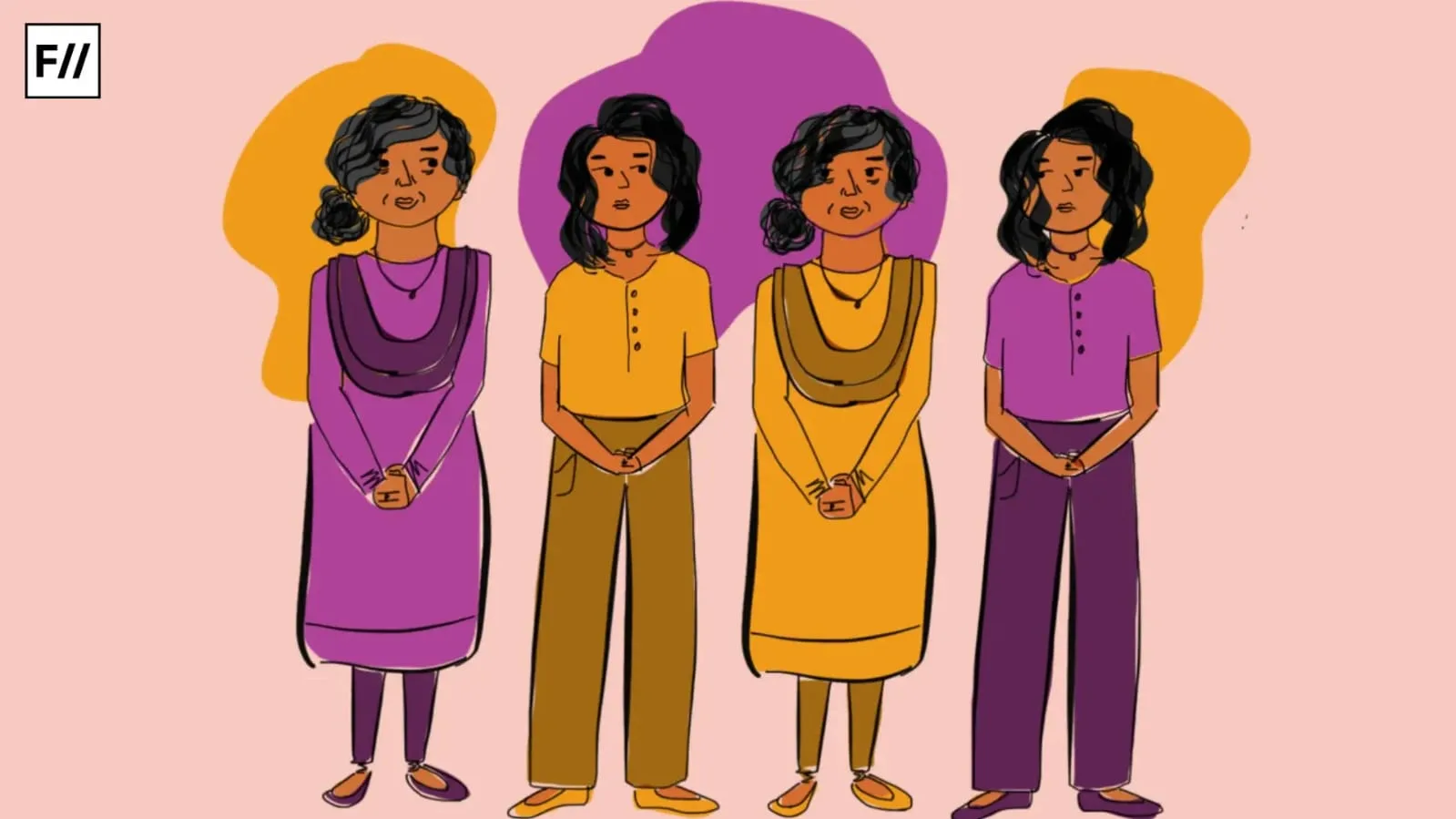A substantial part of living with depression is accepting that it can and often does reoccur. In my early twenties, I lived with the hope that someday I would free of my depressive episodes. I have learned that is unlikely, from my own experience as well as studies that show once you have multiple episodes, they are much more likely to reoccur.
One of the more frustrating things about depression is knowing that your brain is lying to you and not being able to stop that — often it will find a weakness and highlight it beyond proportion and with no kindness. Over the years I have gathered resources and ways to help me in my episodes. Let me be clear, it is hard and I don’t always return to these. I often don’t have the energy or willpower or my brain tells me it is useless. But when I do, I always feel a little better, even if it is later. Think of it as a lighthouse, a little milestone along the way. Depression is cruel and it often casts a very bleak shadow over the joyful and happy parts of our life. I’ve realized I owe it to the people who love me to try and fight this (I still struggle with seeing the purpose of fighting for myself but someday I hope to get there).
Hope Boxes
A few years ago, I would have scoffed at such an idea. I would have said that when my brain is at its worst, a box full of random memories and things wouldn’t do much for me. But I have learned that even if it doesn’t change everything, it is a tiny piece of hope.
Hope boxes can be a physical box or bag full of cards from other, pictures of happy times, foods you like, your favorite fragrances and notes to yourself. They can include puzzles and games and other distractions. This is especially helpful if you feel inclined to self-harm. Hope boxes can also be virtual — check out this app — while originally developed from veterans in the US, I have found it to be a good distraction when I can’t seem to concentrate on anything.
At this link you will find what one person keeps in her emergency coping box including sensory distractions and do-this-instead lists. She also has a great list of resources for coping with anxiety and depression.
Books
If you find yourself able to read, here are some books that have helped me. I have to be honest, they have helped me the most when I am not in the middle of a deep episode, but more so before or after one.
The Noonday Demon by Andrew Solomon (nothing has spoken to me as much as this book)
The Chemistry of Joy and The Chemistry of Joy workbook by Henry Emmons (he also has one called Chemistry of Calm, which is more targeted towards anxiety)
Climbing out of Depression by Sue Atkinson
If you want more, this website has a list by categories.
I also find that occasionally reading a help manual or toolkit for managing depression makes me believe that my depression can be managed — I find the toolkits at this link helpful.
Online Resources
For the days you are truly struggling and need someone to talk to, and don’t have that person accessible, you can chat with someone online.
None of these resources are India-specific — if you know of any, please do send links our way. I also want to remind you that if something does not speak to you or makes your uncomfortable, put it aside. Mental illnesses are very different for each one of us — your depression may look nothing like mine and so the things that work for me, may not work for you. But something will work for you. It will take time, it feels tough, it feels pointless but there is purpose in trying — which is not to say I don’t wish I could suckerpunch depression miles away from my life. But I can’t. It is here to stay and I remind myself to do the best I can.
This list is just the beginning and we plan to keep adding to this — if you have something you can send our way, that would be great. Stay safe and take care of yourselves.
Featured Image Credit: Marissa Betley
About the author(s)
Let's talk about shit people!




This is helpful. Thanks.
Thank you for this wonderful guide. Andrew Solomon has several talks that really speak to me.
I wanted to share a couple links:
http://yourdost.com/
which I didn’t get around to using, but might help someone else.
And also, for self-caring:
http://philome.la/jace_harr/you-feel-like-shit-an-interactive-self-care-guide/play